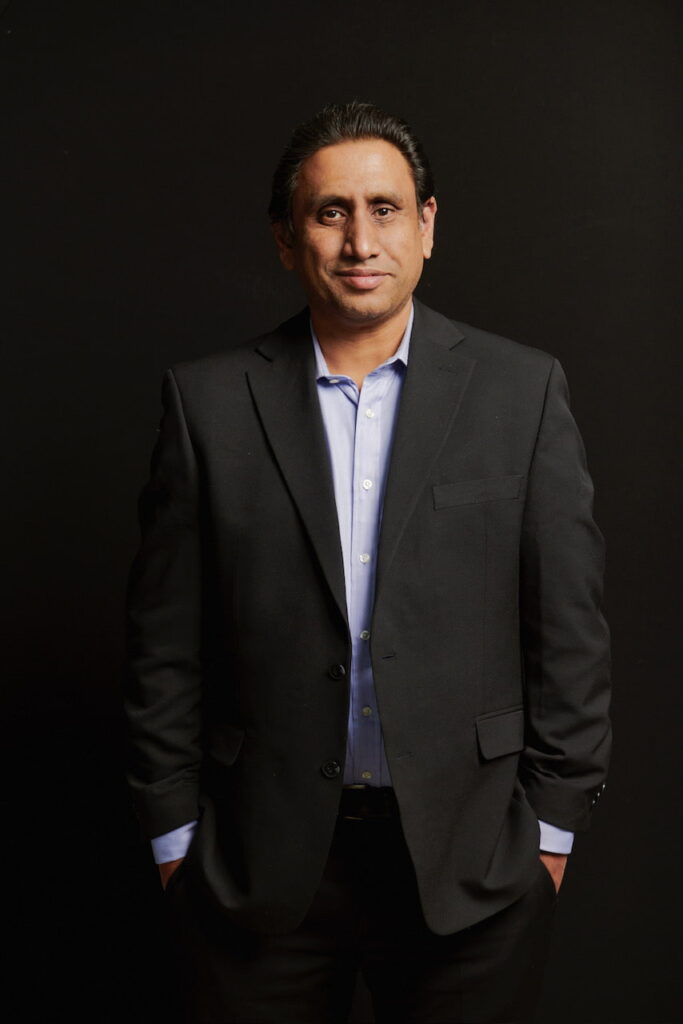Dayan Candappa is the Chief Strategy Officer of Newsweek. His role is pivotal, sitting at the intersection of the newsroom and the business side of the organization. He ensures a seamless connection between journalists, commercial teams, partners, platforms, and audiences. His focus is on exploring new business opportunities and innovative ways to conduct business. Essentially, Dayan is responsible for the business side of news, aiming to build and maintain a profitable operation that places journalism at its core. He ensures that the journalism supports the business and vice versa.
Dayan’s journey into the news business was inspired by his early experiences in Sri Lanka. Initially aspiring to be a lawyer, his plans were disrupted by wars and revolutions that led to university closures. During this period, he needed a job and found opportunities as a freelance journalist. The news business captured his attention and passion, eventually leading him to choose journalism over law. Despite becoming a lawyer, he found the legal profession unfulfilling and returned to journalism, a decision he has never regretted. Dayan’s leadership style has evolved over his career. Earlier, he believed in leading from the front, setting an example, and inspiring others to follow. However, at this stage in his career and in Newsweek’s development, his approach has shifted. Now, he aims to lead from behind, providing inspiration, challenges, and support to his colleagues. He focuses on doing the behind-the-scenes work that enables others to lead effectively from the front. Dayan’s leadership is about fostering an environment where talented leaders can execute the company’s vision successfully.
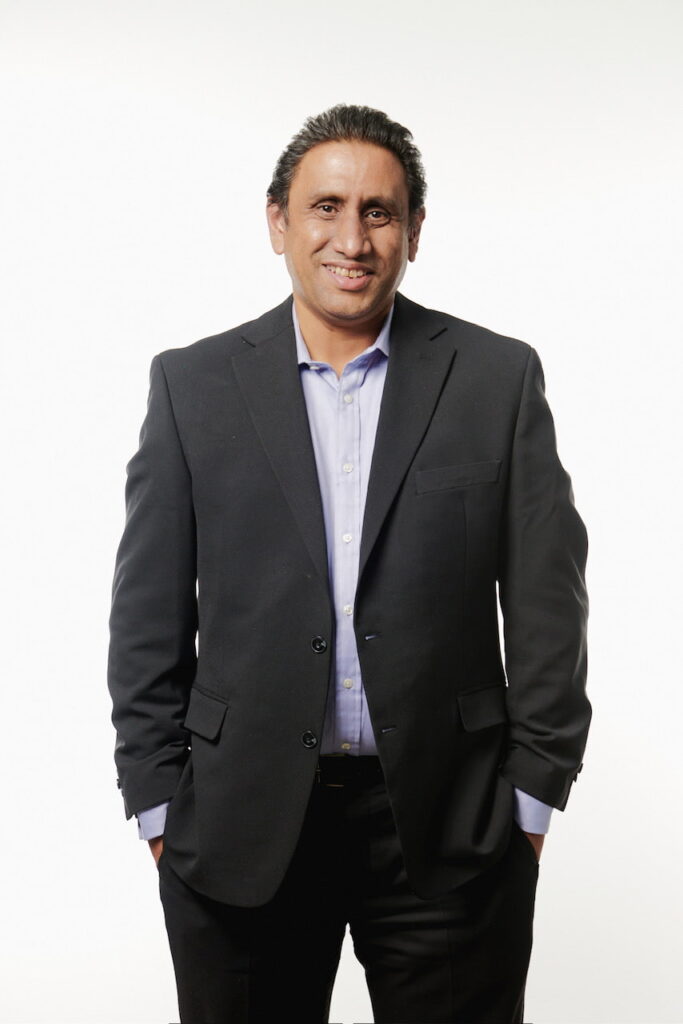
What Sets Newsweek Apart
One word that encapsulates what sets Newsweek apart from others in the industry is “agility.” At Newsweek, there is a constant drive to adapt, evolve, and improve. The organization embraces the motto: “If you’re doing today what you were doing yesterday, then something’s wrong.” This philosophy of continuous improvement and change permeates the entire team, making Newsweek highly agile and capable of navigating the challenges of the ever-changing media landscape.
The year 2023 was particularly challenging for the news industry, but Newsweek managed to navigate these difficulties and emerged stronger. One significant challenge was building a newsroom for the future in an era where AI is increasingly taking over tasks traditionally done by journalists, such as writing and editing. Faced with the choice of using AI to cut costs or drive growth, Newsweek chose the latter. The company decided to expand its newsroom, creating a future-ready team of journalists who are skilled and confident in working alongside AI. By delegating tasks that machines handle better to AI, Newsweek allows human journalists to focus on activities that require their unique skills, such as engaging with sources and uncovering exclusive information.
Dayan Candappa emphasizes the importance of collective genius within Newsweek. He believes that innovation doesn’t just come from the top but from everyone in the organization. This approach encourages all team members to contribute their ideas and solutions. By empowering employees to innovate, they are able to address challenges and bring forth new ideas that leadership might not be aware of. This culture of empowerment and open communication is pivotal for fostering innovation at Newsweek. Dayan considers the swift implementation of AI a significant achievement, but he sees the broader accomplishment in creating a newsroom culture ready to embrace new technologies. This cultural shift started when Newsweek was facing tough times, necessitating constant adaptation. By embedding innovation into the way they operate daily, Newsweek has built a resilient and forward-thinking newsroom. This mindset is what Dayan views as their greatest accomplishment. To keep innovation thriving, Dayan focuses on helping his colleagues understand and embrace new tools like AI. He spends time talking to people, addressing their concerns, and tapping into their passions. The real innovation at Newsweek lies in how effectively people use these tools to enhance their work and job satisfaction. While the technology itself is innovative, the true progress comes from integrating these tools into the workflow in a way that empowers and excites the team.
Dayan highlights that Newsweek’s mission is deeply rooted in social responsibility. The goal is to speak to and listen to Americans from diverse political and cultural backgrounds, serving as a unifying force in a divided country. This mission extends beyond the newsroom to every part of the business, promoting civil discourse and reducing polarization. In terms of sustainability, Newsweek is committed to spotlighting sustainable practices through partnerships and their successful rankings business, which showcases companies making strides in sustainability. They believe in achieving sustainability goals by finding common ground, rather than using them for political leverage. This approach ensures that sustainability is woven into their broader mission, promoting progress through unity and shared goals.
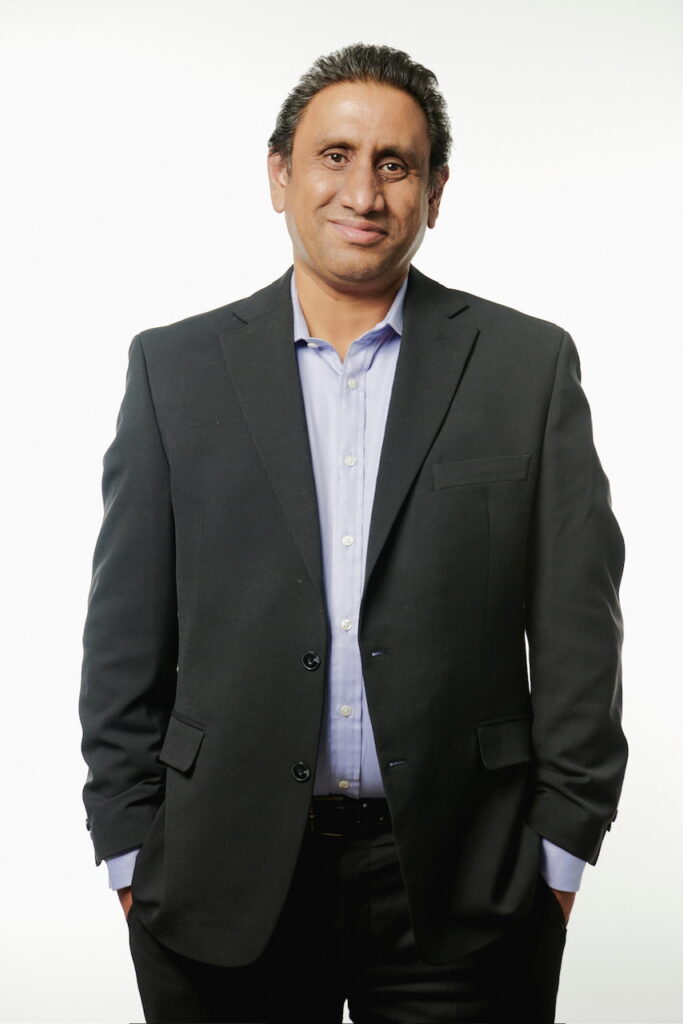
Dayan Candappa acknowledges the demanding nature of his role in the publishing industry, which operates around the clock due to its digital nature and global reach. Despite this, he has found ways to maintain a healthier work-life balance, particularly through the shift to remote work. The ability to work remotely a few days a week has significantly improved the balance between his professional responsibilities and personal life, a refreshing change from the daily commute he was accustomed to for many years. One of the most important lessons Dayan has learned is that investments in people do not immediately reflect in quarterly numbers but make a significant difference over time. At Newsweek, many senior newsroom leaders began their careers in junior positions and have grown with the support of the organization. These long-term investments in people are now paying off, demonstrating the value of prioritizing human capital even when immediate financial returns are not apparent.
Advice for Aspiring Business Leaders
Dayan advises aspiring business leaders to prioritize the growth and development of their teams. While it is easy to focus on tasks, investing in people is crucial for long-term success. Additionally, he emphasizes the importance of constant adaptation and evolution. Embracing change as a daily practice is essential for both surviving and thriving in a dynamic business environment. To stay informed about market trends and changes, Dayan reads a wide range of key newsletters and industry publications. As a journalist, he also values staying connected with the insider gossip and backstories within the industry. Being plugged into the right networks allows him to hear about developments that are not yet public, which he finds incredibly valuable.
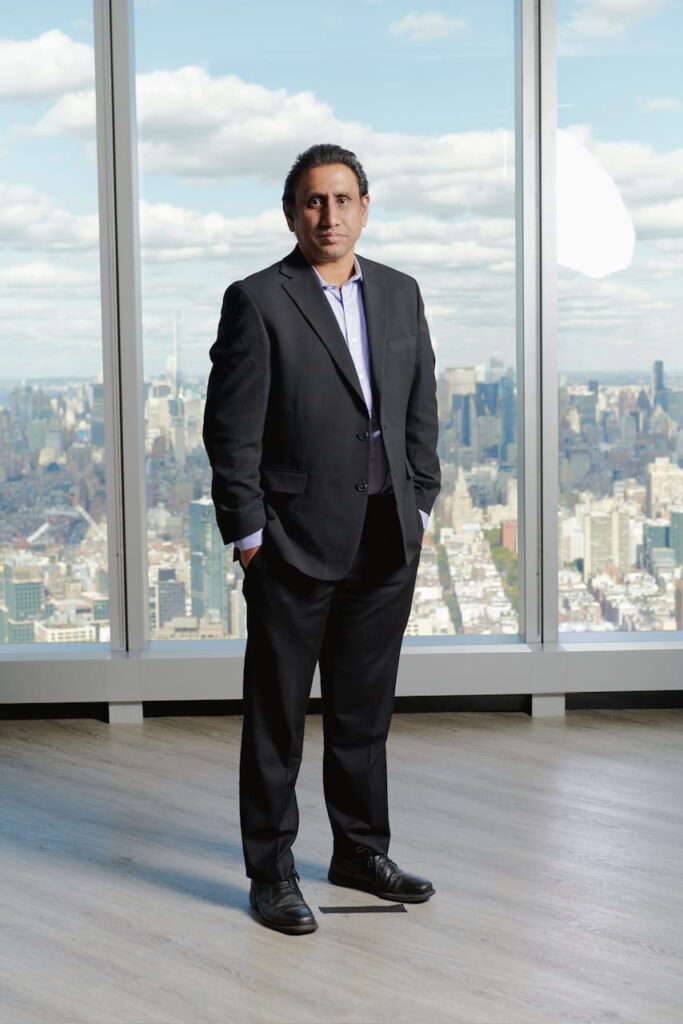
Dayan believes in maintaining a sense of healthy paranoia, even when things are going well. He argues that the most dangerous times for a business are during periods of prosperity, as this is when potential problems can accumulate unnoticed. By remaining vigilant and ready to adapt, he ensures that Newsweek is prepared for any challenges that may arise. He emphasizes the importance of having no “sacred cows” in business practices, products, or workflows, advocating for constant reevaluation and adaptation to sustain long-term success. Dayan Candappa understands that disruptive change can be challenging because people naturally prefer predictability. To help his team navigate change, he emphasizes the importance of providing structure around it. At Newsweek, leaders are encouraged to think and act like entrepreneurs, regardless of their roles. Whether someone is an editor or a social media manager, their job is to identify opportunities and solve problems, often with limited resources. This entrepreneurial mindset is key to fostering innovation and resilience within the team.
Dayan also believes in the importance of transparency and information sharing. By giving employees access to as much information as possible, they can better understand why change is necessary. This understanding helps them see change as an opportunity rather than a threat, leading to a more positive and proactive company culture. One of Dayan’s high-level aspirations for Newsweek is to enter the data business. Currently, Newsweek has a strong brand, a robust content business, and excellent relationships and access to data through various interactions. However, they are not yet leveraging this data fully. Dayan envisions building proprietary data sets that can be commercialized and brought to marketplaces already served by Newsweek’s content and brand offerings. This expansion into data could open new revenue streams and further strengthen the company’s market position.
“Investments in people almost never show up in the quarterly numbers, but they make a huge difference to the organization over several years.” – Dayan Candappa
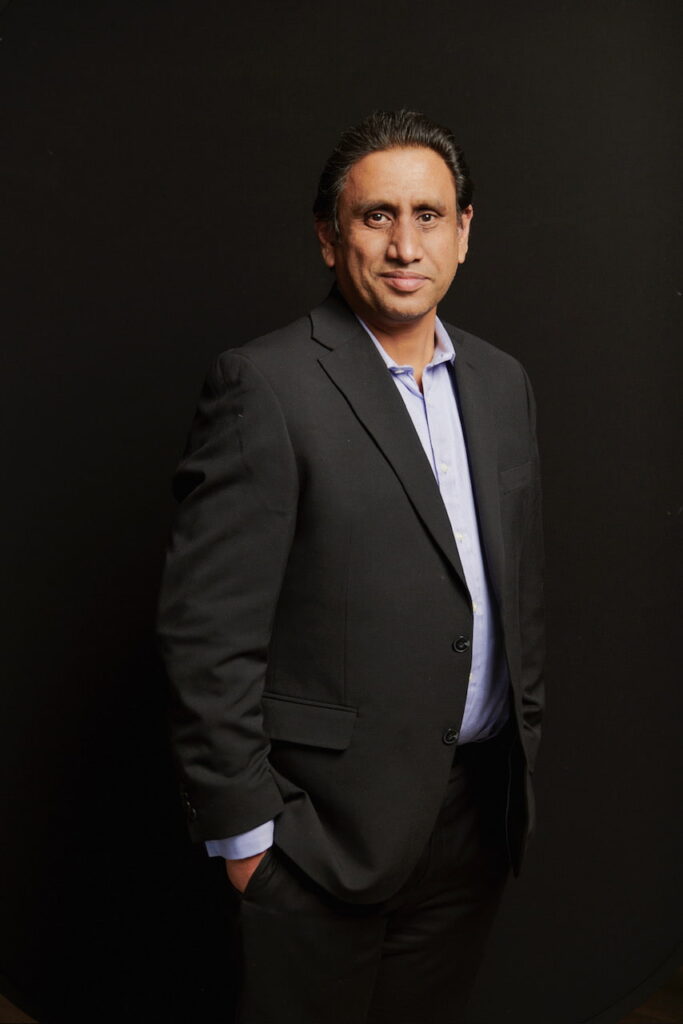
Newsweek Today
Newsweek is a business in transition, and in the publishing industry, staying static is not an option. Dayan notes that not all transitions are met with the optimism seen at Newsweek today. This optimism is rooted in the company’s successful history of adapting to change. Just a few years ago, Newsweek was predominantly a print business. Despite starting the transition to digital later than many competitors, they managed to do so successfully, even outlasting some digital-native entities.
Now, Newsweek is on the brink of another significant transformation with the advent of intelligent machines and AI. While the future is uncertain, Dayan is confident that Newsweek’s culture, people, leadership, and proven track record of adaptation will enable them to navigate these new challenges. This confidence and readiness to embrace change are what make Newsweek a business in transition with a bright, optimistic outlook.


